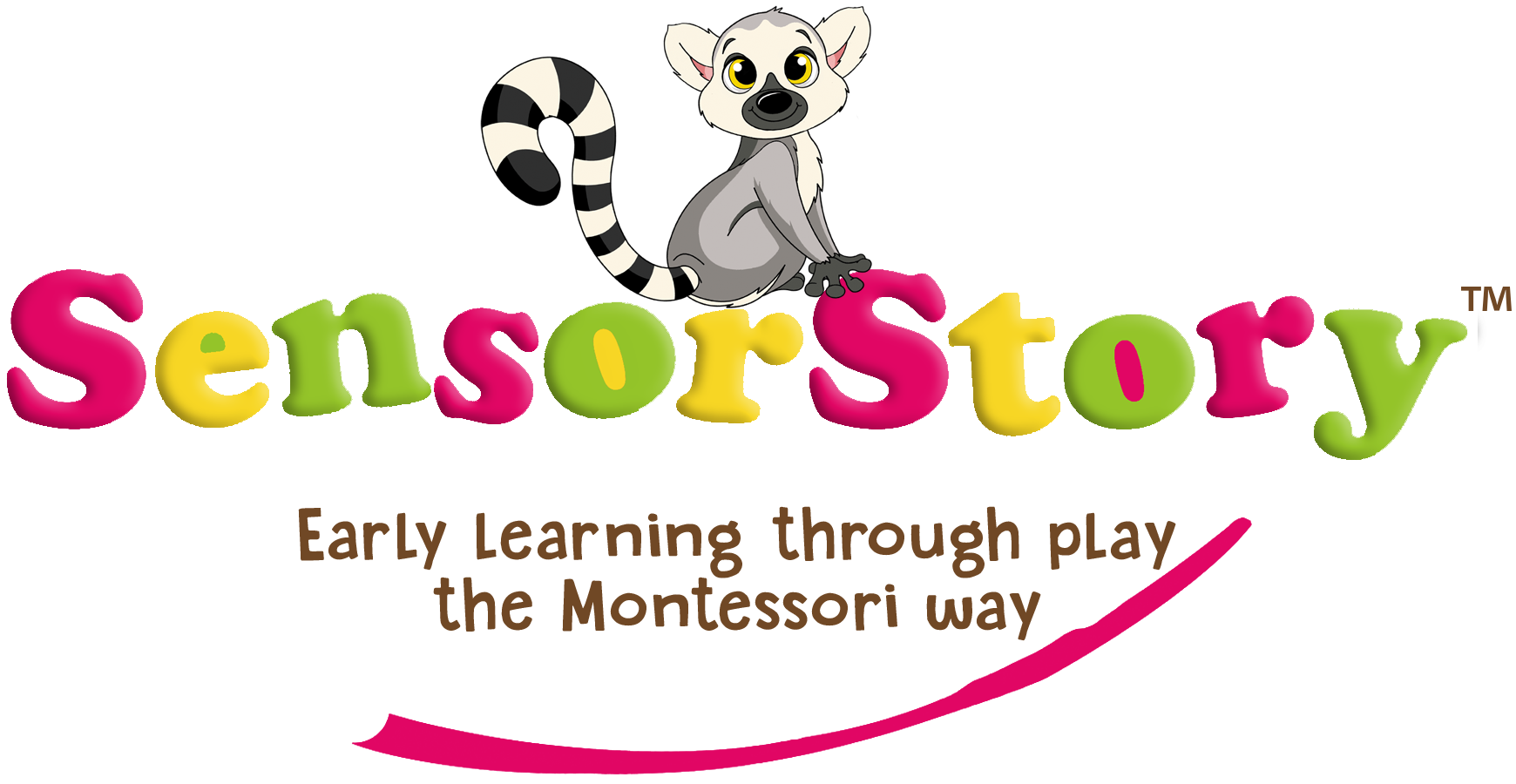Absolutely!
As well as Dr. Maria Montessori's own research, the efficacy of the Montessori approach is supported by extensive research spanning decades. Numerous studies have delved into the impact of Montessori education on various aspects of child development, and the findings consistently highlight its positive effects.
More reseach is always being done in order for us to scientifically understand the Montessori approach that has been widley used for over 100 years
So does Montessori work?
Research shows us that children who experience Montessori education consistently tend to exhibit higher levels of social and academic skills, enhanced creativity, higher IQ's and a stronger sense of independence. A notable study published in the journal "Science" found that Montessori-educated children showed better executive function skills compared to their non-Montessori peers.
In 2006 a study 'Evaluating Montessori Education' looked closely at the effects of the 3-year pre-school program. Researchers in 2006 compared Montessori students with students in other school programs, and found that 5-year-old children who completed the three-year cycle in the Montessori preschool program scored higher on both academic and behavioral tests than the control group. Link to read here
Similarly, researchers in 2015 looking at 'The Impact of Montessori Teaching Method on IQ Levels of 5-Year Old Children' found "Results showed that the IQ and the level of the 5-year old children educated through the Montessori approach was substantially higher than that of the children educated based on the traditional approach." Link to read here. Moreover, the American Journal of Orthopsychiatry published research suggesting that Montessori students tend to display more positive social behaviors and less aggressive behavior than those in traditional educational settings.
The wealth of research supports the effectiveness of the Montessori approach in nurturing well-rounded, confident individuals. The evidence is not only compelling but aligns with the philosophy's fundamental belief in cultivating a love for learning and independent thinking.
If you're interested in delving deeper, studies such as "The Study of Montessori Education" by Angeline Stoll Lillard and "The Montessori Mafia" by Peter Sims provide comprehensive insights into the effectiveness of Montessori principles.
So where's the research?
In 2023, a notable piece of research was published: 'Montessori education's impact on academic and nonacademic outcomes: A systematic review'. It's findings were clear - “Montessori education has a meaningful and positive impact on child outcomes, both academic and non-academic, relative to outcomes seen when using traditional educational methods.” Link to read here
Being able to find useful and reliable research into the Montessori method is vital.
The National Center for Montessori in the Public Sector have a wealth of research links and resources from studies conducted globally.
The American Montessori Society (AMS) also have a comprehensive overview of research into Montessori and it's effects.
For some book recommendations about Montessori research, see our faq Montessori books for adults here.
